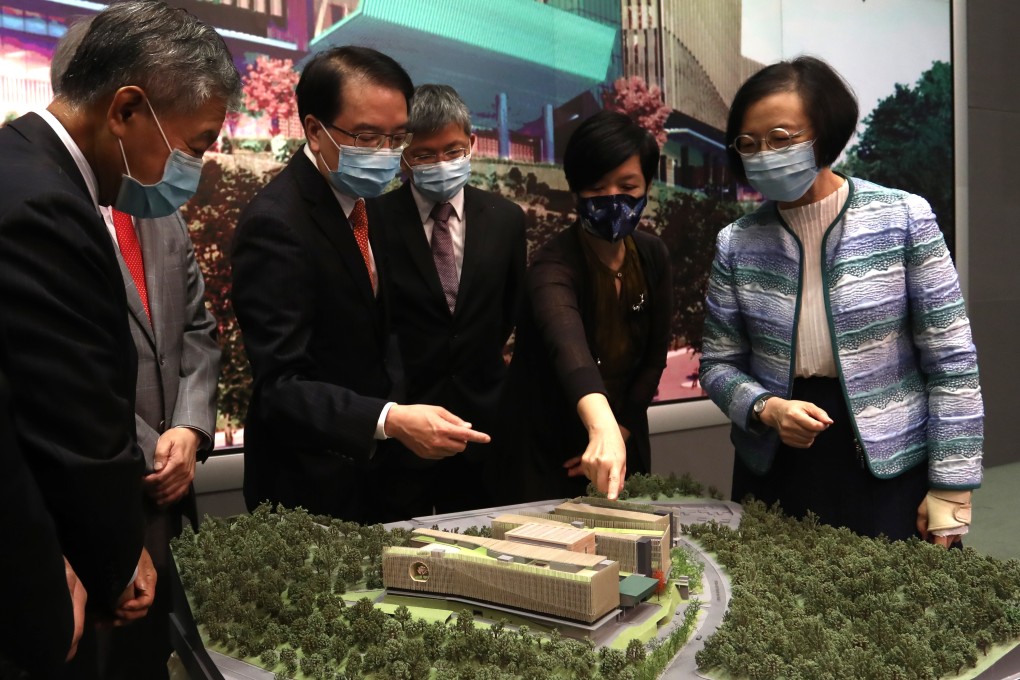Advertisement
Opinion | How the Chinese Medicine Hospital can strengthen TCM integration in Hong Kong public health care
- The new hospital, due to open in 2025, will advance training and research to make Hong Kong an international model in delivering integrated Chinese-Western medical services
- Such integrative medical care can contribute to the blueprint for a citywide primary health care system
Reading Time:3 minutes
Why you can trust SCMP

As Hong Kong anticipates the announcement of a government blueprint for primary health care development, with public consultation set to open later this year, Baptist University has recently been appointed operator of the Chinese Medicine Hospital project, to be completed by 2025.
What are the implications of this project on primary health care development in Hong Kong?
Inpatient care in Chinese medicine is a new concept to many, and the new hospital aims to function rather differently from a typical hospital. It will not provide emergency care but will offer specialised services such as stroke rehabilitation and for elderly degenerative diseases.
Advertisement
It is worth noting that the hospital will provide a whole spectrum of services, from primary to secondary care, complementing the 18 Chinese Medicine Clinics cum Training and Research Centres in the community.
Critically, it seeks to advance training and research to make Hong Kong an international model in delivering integrated Chinese-Western medical services.
There is a role for integrated medical services in improving Hong Kong’s primary health care sector, whose underdevelopment has contributed to long waits for public health care.
Advertisement
Select Voice
Select Speed
1.00x


